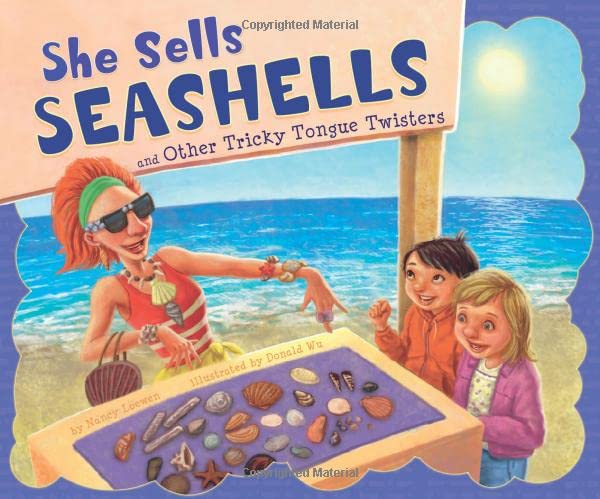I don't think either. I wouldn't word them as colorfully as Carol, but I held the same sentiments when I joined the profession over a decade ago (you can read some of my posts from 02-04, I was laughing at the clinical pharmacy cult then and I even laugh harder now). The only difference between then and now is that people keep reaffirming my fundamental belief in human stupidity in ways that I couldn't have imagined when I started.
The rivalry between the chains is ultimately a mutually self-destructive one.
The war against technology is ultimately a suicidal one.
The push to clinical pharmacy for trivial matters diminishes the value of all pharmacists.
The only defense in a capitalist system that a worker can have is have capital (our education, our land, and our work ethic) and to whom we choose to sell our labor.
The only race worth running is for self-satisfaction, however you choose to define what that means.
When this is all over, I'm sure ChapmanPharmacy (LB) and I will have a couple of drinks and I'll definitely ask him whether being a tool (military, academia, and now administration) was worth the hassle, and wonder if it were better in the end to read, enjoy playing with the students (both literally in class and euphemistically after class), drink good whiskey, and smoke/eat lots of high quality sinsemilla like Peter did. I'm now firmly on the side that we should have taken Peter's initial class more seriously, kicked back, and learn to stop worrying about the job and self-indulge ourselves. I know what I'm going to do the day I turn in my license, and it will be to be a hedonist about everything everyone told you was wrong. I'd probably not do cocaine or heroin because I'd like it too much, but I'd find something that would let me keep my background investigation clean enough.
My real regret (and I think some of us fall into that category) is that there is absolutely no rational reason why this could not work out for everyone in a way that we could help people out, get paid decently to do it, work humanistic hours with time enough for other matters. But being a part of this system, it turns you into a tool, and in the ways where your own sense of values are warped by the alienation away from what you really do, it's hard to reconcile why we got all this education to do such stupid work for a public that really won't change one way or another irrespective of how incompetent or negligent you do that stupid work. I don't work that job, but that's a conscious intentional series of choices I made to avoid being in that position. But for the average pharmacist, it's not a good place to be and it's going to get worse.
I'm going to now cash my bonus check (screw you Congress!) and drink a Islay hogshead to comfort myself this weekend. This is so depressing...










